Philips Respironics Recall: New Investigation Reveals Blatant Corporate Negligence
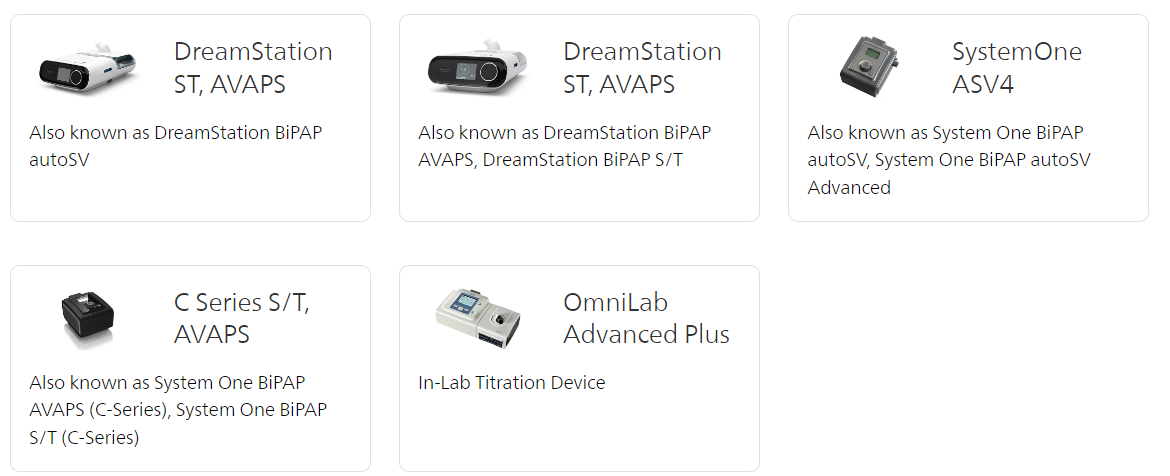 In a startling revelation brought to light by the investigative efforts of ProPublica and the Pittsburgh Post-Gazette, the Philips Respironics case has unveiled a disturbing narrative of corporate negligence. Over an 11-year period, this medical device manufacturer concealed mounting evidence of serious issues with its breathing machines, placing profit above patient safety.
In a startling revelation brought to light by the investigative efforts of ProPublica and the Pittsburgh Post-Gazette, the Philips Respironics case has unveiled a disturbing narrative of corporate negligence. Over an 11-year period, this medical device manufacturer concealed mounting evidence of serious issues with its breathing machines, placing profit above patient safety.
In 2010, Philips Respironics, a renowned manufacturer of breathing machines used globally in homes and hospitals, made a pivotal decision to redesign its best-selling devices. The intention was to eliminate an annoying rattle that kept users awake at night. However, this seemingly well-intentioned decision led to a cascade of problems that has left countless individuals in distress and brought the company under intense scrutiny.
To dampen the irritating noise issue, Philips opted for an industrial foam, akin to what you might find in your sofa or mattress. Little did they know that this choice would prove catastrophic. Reports began to emerge, describing “black particles,” “dirt and dust,” and even an “oily-like” substance within the breathing machines. Users were sounding the alarm about “contamination,” signaling that something was seriously amiss.
 New York Personal Injury Attorneys Blog
New York Personal Injury Attorneys Blog


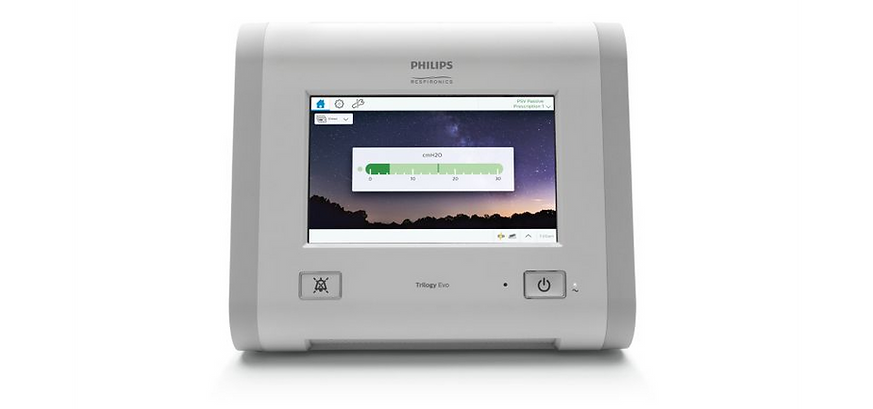

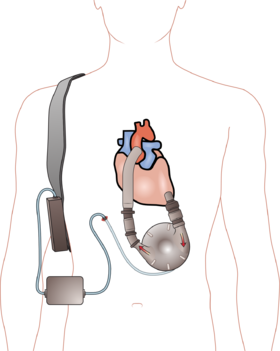

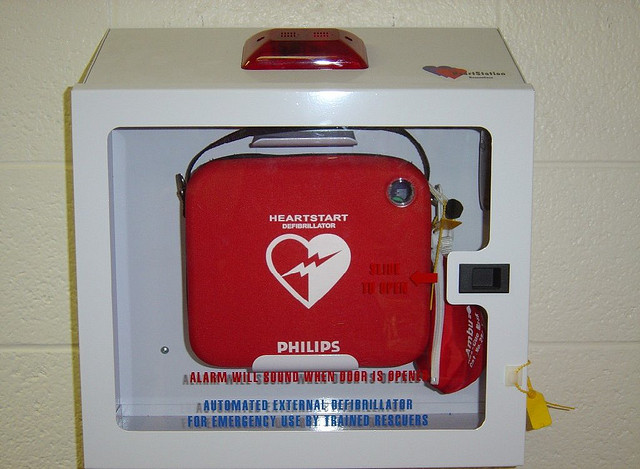 When a person is injured or dies because of an automated external defibrillator failure, it is often the result of
When a person is injured or dies because of an automated external defibrillator failure, it is often the result of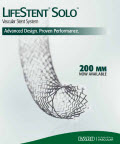 The defective stents may cause serious
The defective stents may cause serious 